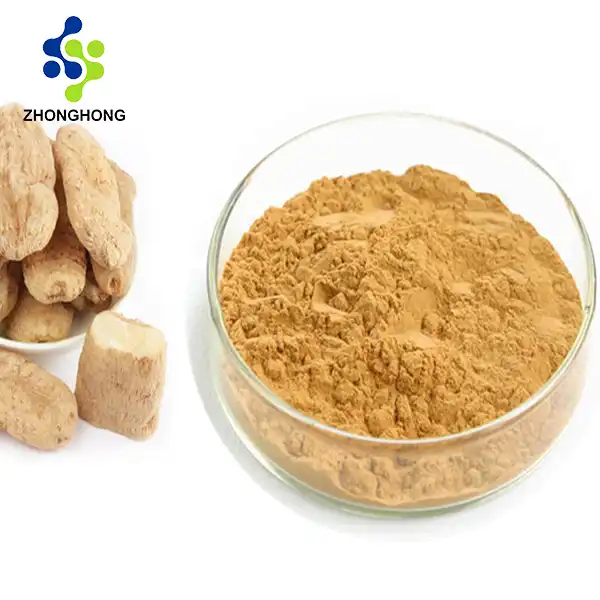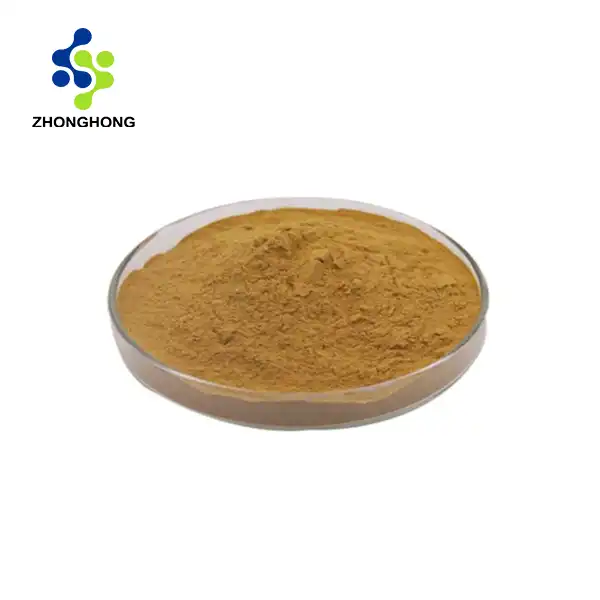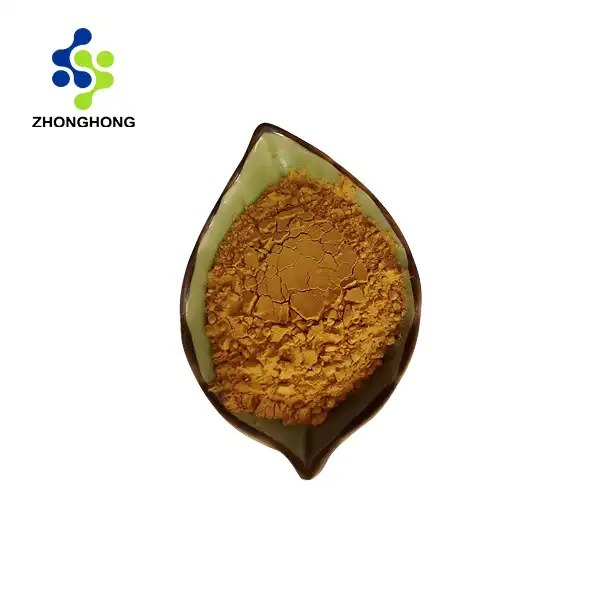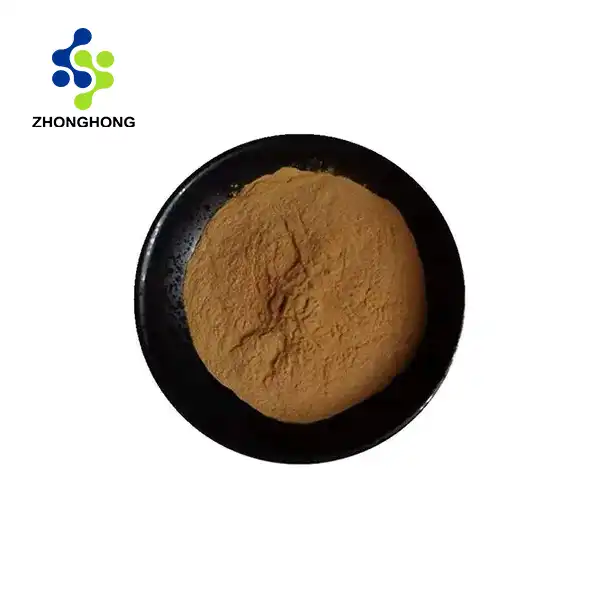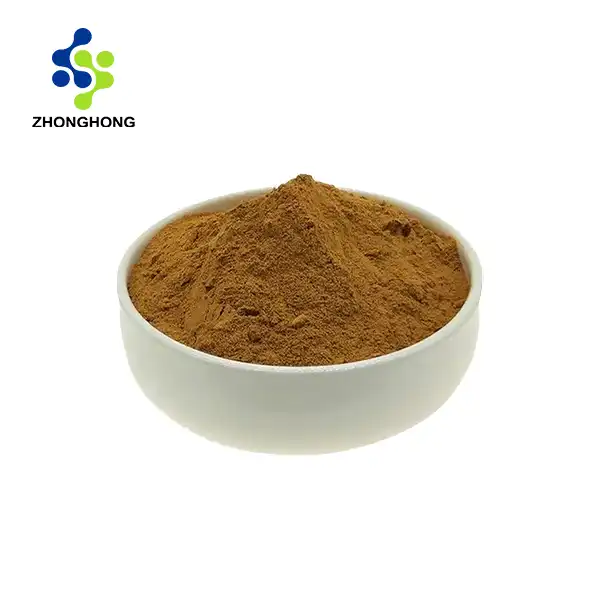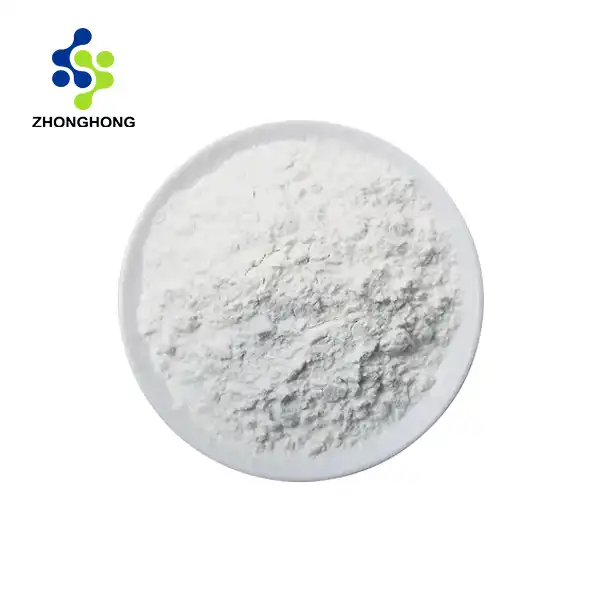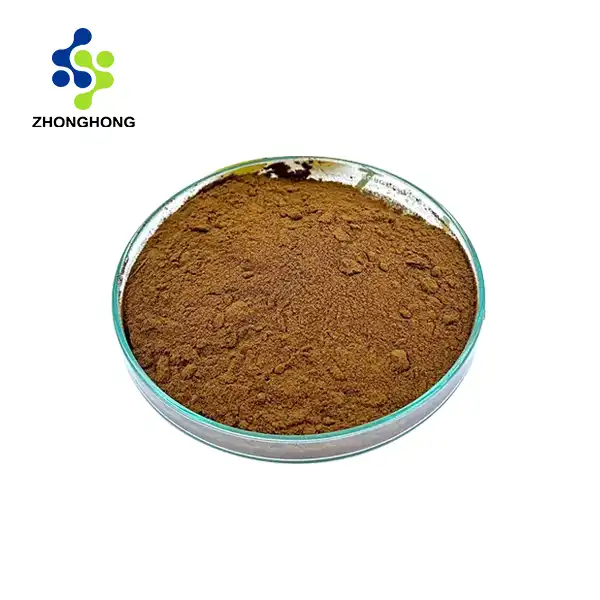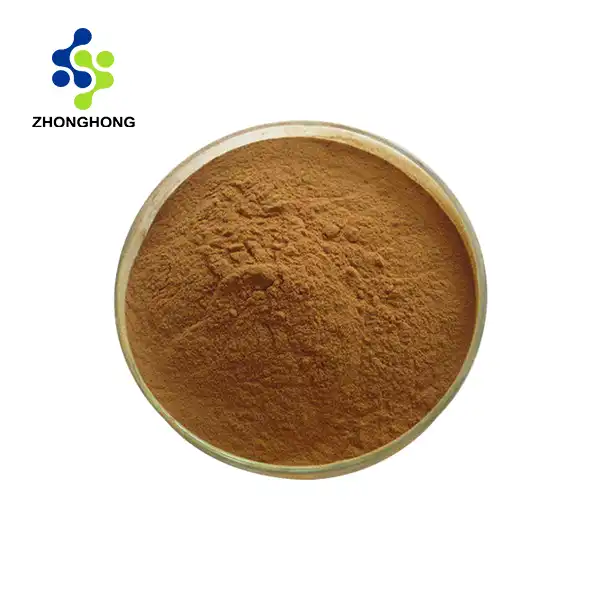The Science Behind Hop Extracts
Chemical Composition of Hop Extracts
Beer's flavor, smell, and soundness are essentially upgraded by bounce extricates, a complex blend of compounds. Alpha acids (moreover known as humulones), beta acids (too known as lupulones), and a assortment of fundamental oils are the essential components of these extricates. Alpha acids are fundamental for conferring the sharpness that recognizes various lager styles and gives a satisfying differentiate to the sweetness of malted grains. Beta acids contribute essentially to beer's rack life and in general quality by upgrading its additive properties and including intensity. Including complexity and profundity to the tangible involvement are basic oils like myrcene, humulene, and caryophyllene, which are dependable for the delightful fragrant qualities that brew devotees venerate. Bounce extricates are an fundamental portion of the brewing handle since this complex combination of compounds not as it were upgrades the by and large character of lager but moreover contributes to its soundness and life span.
Extraction Methods and Their Impact on Quality
Due to its capacity to effectively preserve the delicate aromatic compounds found in hops, CO2 extraction is utilized extensively in the brewing industry. To selectively extract the desired components from the hop plant without utilizing harsh chemical solvents that could compromise the quality of the finished product, this novel approach makes use of supercritical carbon dioxide as a solvent. CO2 extraction aids brewers in producing a beer that is more vibrant and aromatic by preserving the integrity of these aromatic compounds. Ethanol extraction is one more typical strategy utilized in the business, which can yield a more extensive range of bounce compounds, catching a more extensive cluster of flavors and smells. However, this approach may alter some of the more volatile aromatics, which could have an effect on the beer's overall sensory profile. Consequently, each extraction method has its own advantages and drawbacks, making them essential tools for brewers aiming to produce flavorful, high-quality beers.
Bioavailability and Stability of Hop Compounds
The bioavailability and stability of hop compounds in extracts are important factors that have a big impact on beer makers' brewing results. During the brewing process, for instance, alpha acids go through a process called isomerization, during which they transform into iso-alpha acids, which are the ones that give beer its distinctive bitterness. This transformation is required to ensure that the finished product has the proper taste character. Hop extract powder frequently contain pre-isomerized alpha acids to facilitate this process. This provides you more control over the final bitterness of the brew. Furthermore, the security of bounce concentrates may be superior to that of whole leaps or jump pellets, since the concentrated structure is less susceptible to oxidation and corruption during capacity. Hop extracts are popular among brewers because of their improved stability, which not only helps to retain the hops' flavor and freshness but also increases the shelf life of the brewing components.
Applications of Hop Extracts in Brewing
Bittering Agents: Balancing Flavors in Beer
One of the primary applications of hop extract powder in brewing is as a bittering agent, which plays a vital role in shaping the overall flavor profile of the beer. Brewers utilize hop extracts specifically to achieve consistent bitterness levels in their beers, a crucial aspect for balancing the inherent sweetness of malted grains. By incorporating pre-isomerized alpha acids derived from hop extracts, brewers can precisely control the International Bitterness Units (IBU) of their beers. This precision allows for a more predictable and uniform taste experience, eliminating the variability often associated with the use of whole hops. Such a level of control is particularly valuable for large-scale brewing operations, where consistency is paramount to meet consumer expectations and maintain brand integrity. As a result, the use of hop extracts helps ensure that each batch of beer meets the desired flavor standards, reinforcing the quality that breweries strive to deliver.
Flavor and Aroma Enhancement
Hop extracts enhance beer's flavor and aroma profiles in addition to their function as a bittering agent, significantly enriching the sensory experience. Brewers can achieve a more balanced and nuanced profile by adding hop extracts late in the brewing process, which can impart complex hop flavors and aromas without significantly increasing bitterness. Brewers can use this method to create hop-forward beers with intense fruity, floral, or herbal flavors, demonstrating the versatility of hops. Additionally, some brewers choose to use specialized hop extracts that concentrate on particular flavor compounds, allowing them to precisely control the sensory experience of their beers. Each brew can be customized to highlight specific notes thanks to this level of customization, which improves the quality of the finished product and creates unique tasting experiences that cater to a wide range of consumer preferences.
Preservation and Stability in Beer Production
Hop extracts play a crucial role in keeping beer's quality throughout its shelf life, contributing significantly to its stability and preservation. The growth of beer-spoiling bacteria, which can have a negative impact on the flavor and safety of the finished product, is particularly inhibited by the antimicrobial properties of hop compounds, particularly beta acids. Beer's shelf life is extended by this natural preservative effect, which also helps to maintain its quality over time, making it more appealing to consumers. Additionally, the use of hop extracts can effectively reduce the likelihood of beer oxidation, a prevalent problem that can result in undesirable off-flavors. Hop extracts preserve the beer's freshness by preventing oxidation, allowing it to retain its intended flavors and aromas throughout storage and transportation, resulting in a better drinking experience for consumers.
Innovations and Future Trends in Hop Extract Technology
Advanced Extraction Techniques
Hop extract powder technology is constantly evolving, and researchers and businesses are investigating novel methods of extracting hops in order to improve the efficiency and quality of brewing products. New extraction methods like ultrasonic-assisted extraction and microwave-assisted extraction are gaining popularity due to their significant promise of producing hop extracts with enhanced bioactive properties. Using these novel approaches, which have the potential to not only speed up the process but also save energy, the extraction procedure can be made to be both more cost-effective and less harmful to the environment. Additionally, they are essential for maintaining the delicate aroma compounds required for craft brewing, ensuring that the finished product will continue to have the intended flavor profile. By utilizing these cutting-edge methods, brewers can make the most of the hops they use, producing high-quality beers that reflect the complexity and richness of the ingredients. If more research is conducted, these extraction technologies have the potential to bring about exciting changes in the brewing industry that will benefit both producers and consumers.
Customized Hop Extract Blends
As the craft brewing industry grows more sophisticated, there is an increasing demand for customized hop extract blends. Manufacturers are developing proprietary blends that combine extracts from multiple hop varieties or isolate specific hop compounds. These tailored solutions allow brewers to create unique flavor profiles and achieve consistency across batches, even when faced with variations in hop harvests. Some companies are even exploring the creation of hop extracts that mimic the characteristics of rare or expensive hop varieties, offering cost-effective alternatives for brewers.
Sustainable Practices in Hop Extract Production
Sustainability is becoming an important consideration in hop extract manufacturing. Manufacturers are using eco-friendly extraction technologies to reduce waste and environmental effect. Some are investigating the use of bio-based solvents and creating closed-loop systems for recycling extraction medium. Furthermore, there is a rising interest in using hop biomass wastes from the extraction process for agricultural purposes or as a source of rich bioactive chemicals, which would improve the sustainability of hop extract production.
Conclusion
Hop extract powder has revolutionized the brewing industry, offering unprecedented control over beer's flavor, aroma, and stability. As technology advances, we can expect even more innovative applications of hop extracts in brewing, leading to new and exciting beer styles. The future of hop extract in beer looks bright, promising enhanced quality, consistency, and sustainability in beer production. If you want to get more information about this product, you can contact us at liaodaohai@gmail.com.
_1728976869676.webp)
